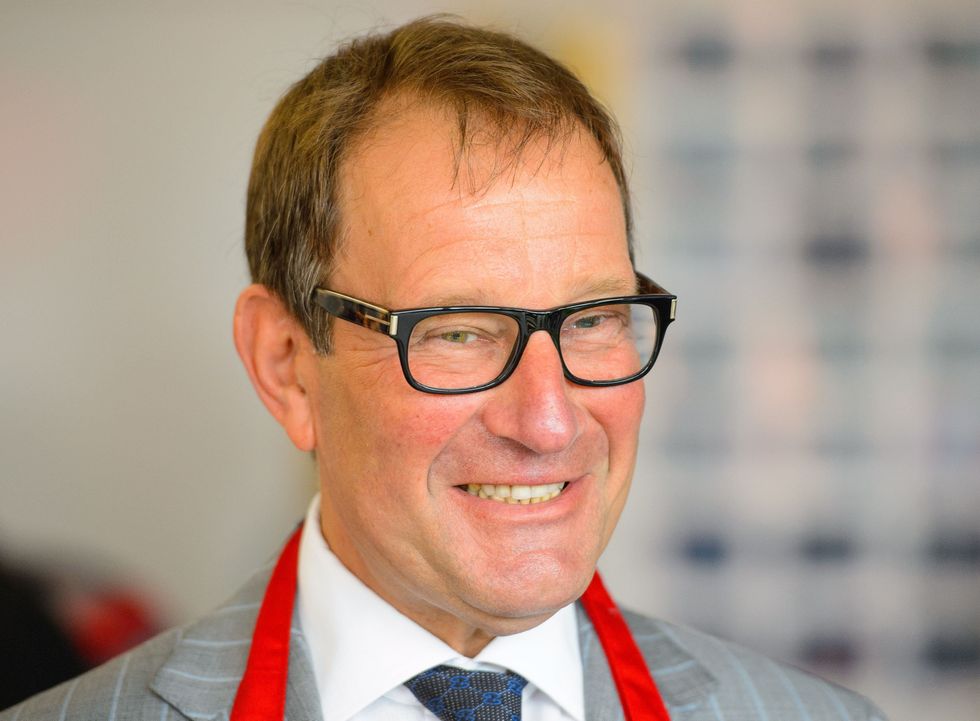



The High Court has heard how Richard Desmond's attempt to secure the National Lottery licence might have succeeded if the Gambling Commission had not committed "manifest errors".
The media mogul's company, The New Lottery Company (TNLC), is pursuing legal action alongside Northern and Shell, seeking compensation of as much as £1.3billion.
Daniel Toledano KC, representing TNLC, argued that his client would have stood a "real chance" of winning the contract without the Commission's alleged mistakes.
"We don't have to show we would have won this competition, we have to show we would have had a real chance of doing so," he told the court.
The procurement contest for Britain's fourth lottery licence took place from October 2020 to March 2022, representing one of the country's most valuable public sector contracts spanning ten years.
Czech billionaire Karel Komárek's company Allwyn emerged victorious, with previous operator Camelot finishing second and TNLC placing third.
Allwyn has subsequently acquired Camelot.
Northern and Shell established TNLC specifically to compete for this opportunity, drawing on its experience running the Health Lottery since 2011.

Richard Desmond had bid to operate the National Lottery
|PA
The Health lottery has attracted millions of players and generated more than £130million for charitable causes.
The legal proceedings, which began today and could continue for seven weeks, centre on alleged procedural failures that TNLC claims undermined its chances.
Mr Toledano KC outlined multiple alleged violations during the bidding process, asserting that these flaws systematically benefited rival bidders whilst putting TNLC at a disadvantage.
He claimed Allwyn gained "impermissible and unfair" guidance regarding its pricing structure following the first phase, whilst TNLC's feedback was insufficient and harmful to their second-phase submission.

The licence to operate the National Lottery is one of the most prestigious in the country
| PAThe barrister also alleged that Allwyn violated established media and communications restrictions designed to control public engagement during the tender process.
According to Mr Toledano, the Commission neglected its duty to properly assess whether Allwyn's press activities complied with these protocols.
"The Gambling Commission failed in its obligation to reasonably consider whether Allwyn's media communications were consistent with the MCP," he stated.
The Gambling Commission has mounted a robust defence against these allegations, with Sarah Hannaford KC describing the claims as "unusual."
"It's extremely unusual, if not unique, for a bidder that lost so spectacularly to argue that it should have won," she told the court.
Hannaford emphasised that TNLC is now seeking £1.3billion in public funds despite its comprehensive defeat in the tender process.
She rejected claims of insufficient feedback, noting that TNLC received a detailed 96-page response from the Commission.
The Gambling Commission maintains it conducted a transparent and equitable selection process, denying any "manifest breaches" occurred.
The hearing continues at the High Court.
